12 Doctor-Approved Snacks to Help You Conquer High Blood Pressure
Embarking on the journey to maintain a healthy blood pressure can be both a daunting and rewarding experience. High blood pressure, or hypertension, is a common condition that can lead to severe health issues if not managed properly. However, the path to managing blood pressure doesn't have to be a bland one. In fact, it can be quite delicious! This article will guide you through a flavorful journey, presenting 12 doctor-approved snacks that not only tantalize your taste buds but also help in lowering blood pressure. These snacks are packed with nutrients known to support heart health, making them ideal choices for anyone looking to improve their cardiovascular wellness. Each section will delve into a specific snack, providing insights into its health benefits, preparation tips, and how it fits into the broader picture of a heart-healthy diet. By the end of this exploration, you'll be equipped with the knowledge to make informed, tasty choices that contribute to your overall well-being. Let's get started!
1. Understanding Hypertension and Diet

Hypertension is often dubbed the "silent killer" because it can progress without noticeable symptoms. Understanding the relationship between diet and blood pressure is crucial. Sodium, for instance, is a major dietary component that can significantly impact blood pressure levels. High sodium intake can lead to water retention, increasing blood pressure. Conversely, nutrients like potassium, magnesium, and calcium play a role in relaxing blood vessels, thus aiding in lowering blood pressure. The Dietary Approaches to Stop Hypertension (DASH) diet emphasizes these nutrients, promoting foods rich in fruits, vegetables, whole grains, and lean proteins. By incorporating snacks that align with these dietary guidelines, you can effectively manage your blood pressure.
2. The Role of Potassium in Blood Pressure Management
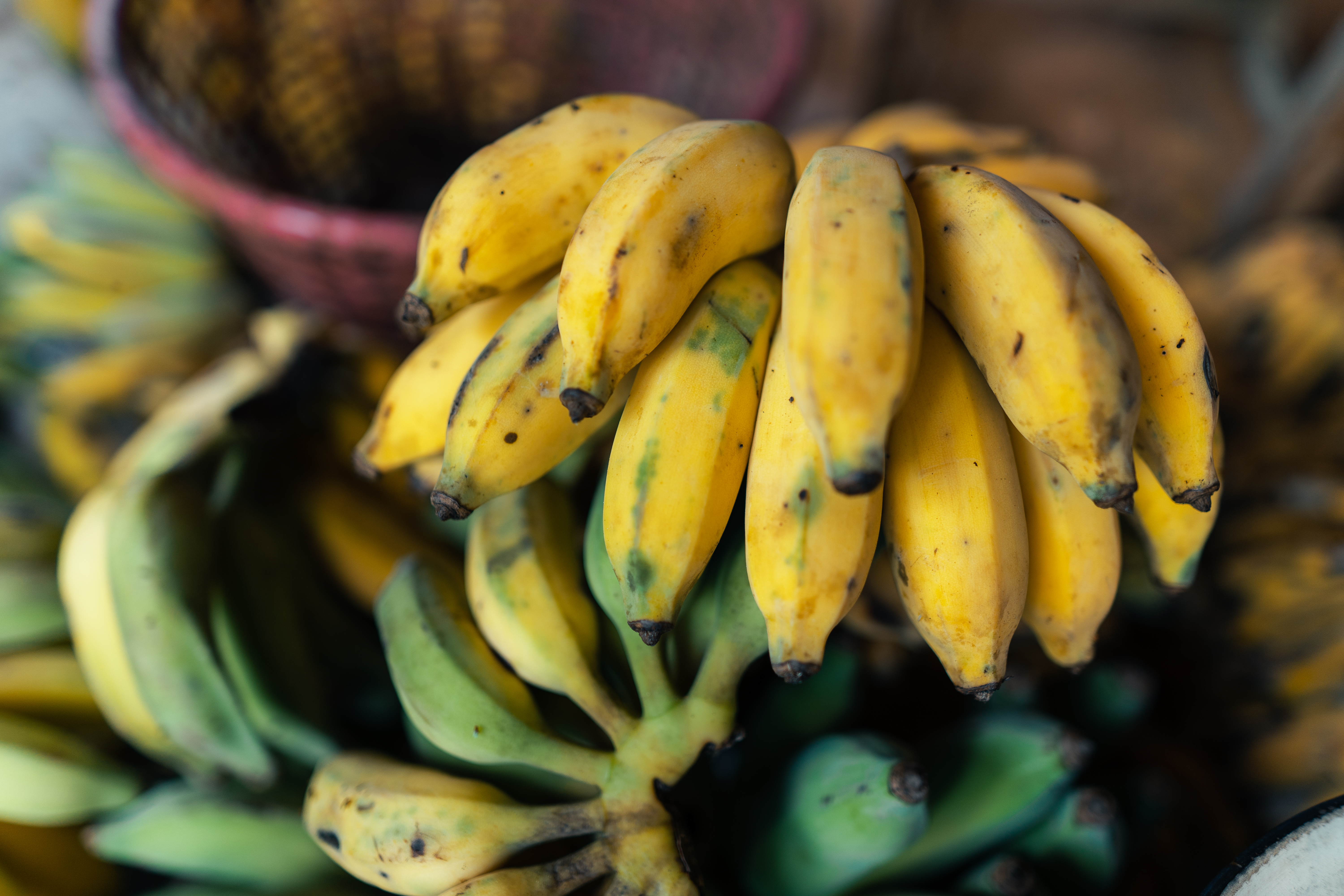
Potassium is a vital mineral that plays a significant role in managing blood pressure and supporting overall cardiovascular health. It helps balance sodium levels in the body by promoting sodium excretion through urine, which is crucial for maintaining healthy blood pressure. High sodium levels can lead to fluid retention and increased pressure on the blood vessels, but adequate potassium intake helps counteract these effects. Additionally, potassium eases tension in the walls of blood vessels, promoting better blood flow. Foods rich in potassium—such as bananas, sweet potatoes, spinach, beans, and avocados—are essential components of a heart-healthy diet.
3. Almonds: The Crunchy Heart Helper
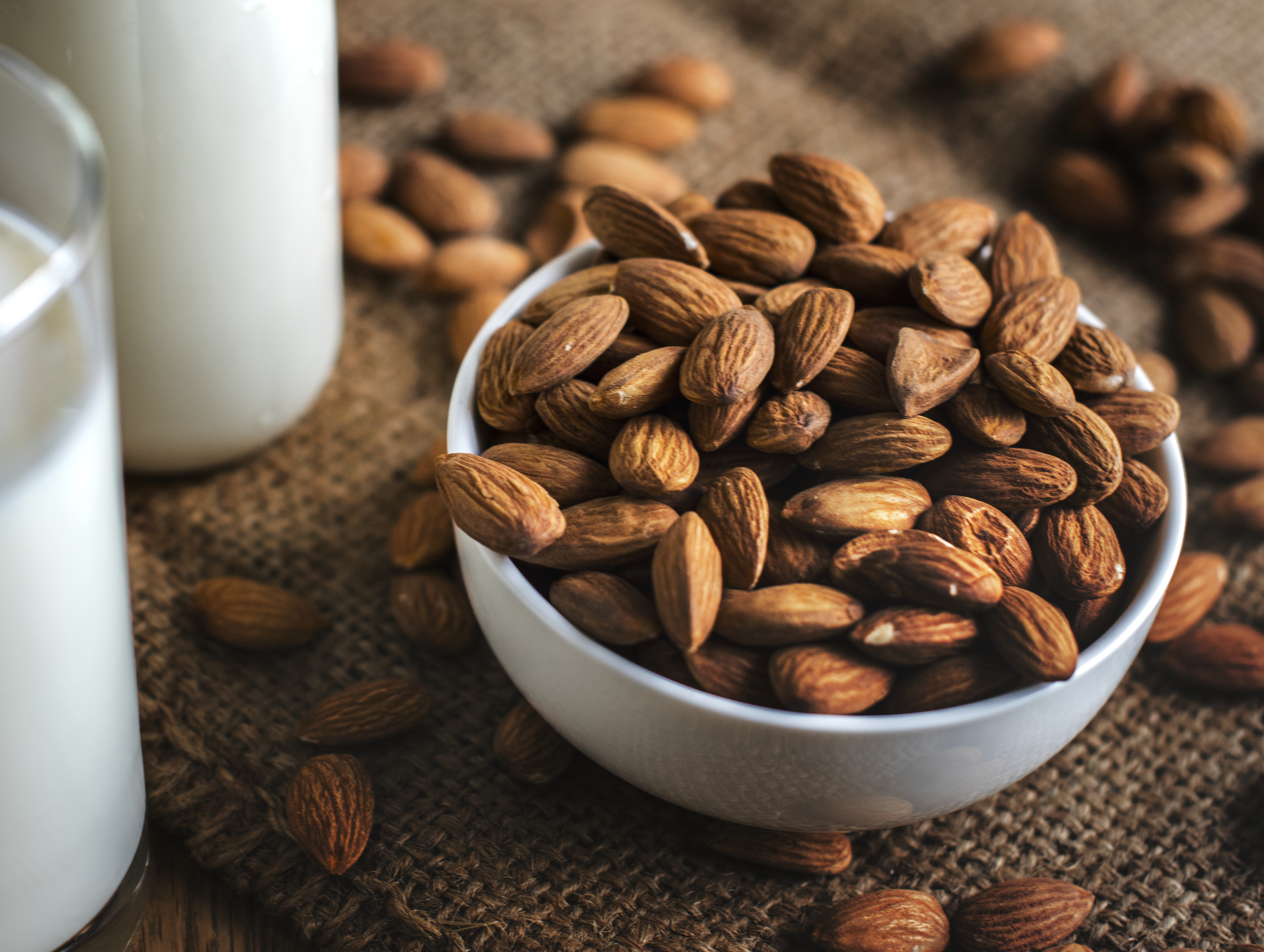
Almonds are a powerhouse of nutrients, making them an excellent snack choice for those looking to lower their blood pressure. Rich in healthy fats, fiber, and protein, almonds are also a good source of magnesium, a mineral known to help regulate blood pressure. Studies have shown that regular consumption of almonds can lead to a significant reduction in blood pressure levels. Whether enjoyed on their own, added to yogurt, or included in salads, almonds provide a satisfying crunch while supporting heart health.
4. Berries: Nature’s Sweet Antioxidants
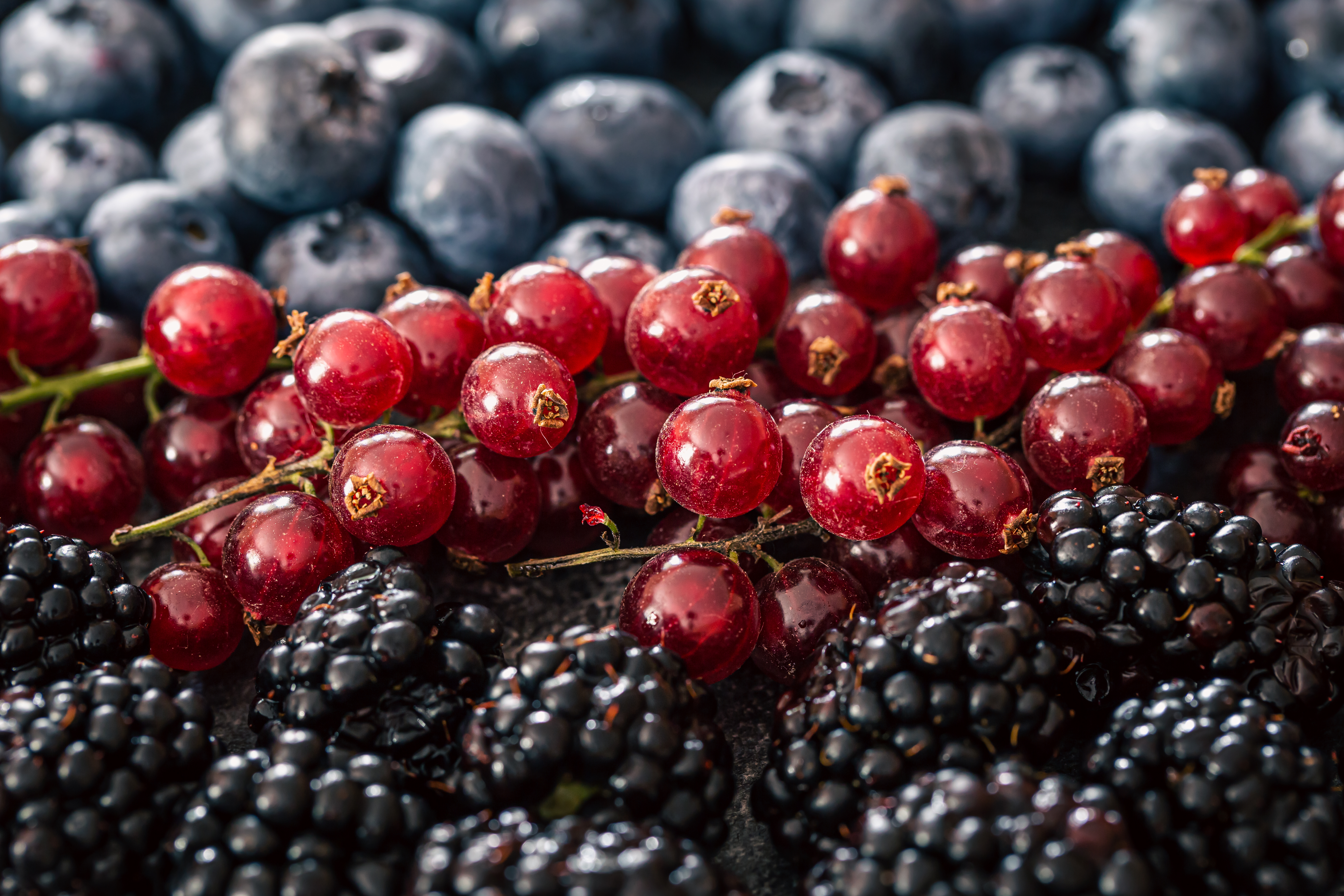
Berries, including strawberries, blueberries, and raspberries, are not only delicious but also packed with antioxidants and nutrients that support heart health. These vibrant fruits are rich in flavonoids, which have been linked to lower blood pressure levels. Berries are also a good source of fiber, which can help reduce cholesterol levels and improve heart health. The natural sweetness of berries makes them a delightful addition to any diet, satisfying your sweet tooth while contributing to your cardiovascular wellness.
5. Dark Chocolate: Indulgence with Benefits

Dark chocolate is often seen as a guilty pleasure, but it can actually be a heart-healthy snack when consumed in moderation. Rich in flavonoids—especially a type called flavanols—dark chocolate has been shown to improve blood flow, support the function of blood vessels, and lower blood pressure. Flavanols help stimulate the production of nitric oxide in the body, which relaxes blood vessels and enhances circulation. Additionally, dark chocolate may help reduce inflammation and oxidative stress, both of which are linked to cardiovascular disease. For maximum benefit, choose chocolate with at least 70% cocoa and limit intake to small, mindful portions.
6. Greek Yogurt: Creamy Calcium Source

Greek yogurt is a creamy, delicious snack that provides a rich source of calcium, protein, and probiotics—each playing a unique role in supporting heart health. Calcium is essential for maintaining healthy blood pressure by helping blood vessels tighten and relax efficiently. The high protein content in Greek yogurt also contributes to satiety and weight management, both important for cardiovascular health. Additionally, the probiotics found in Greek yogurt promote a balanced gut microbiome, which emerging research links to reduced inflammation and improved metabolic function—factors that directly affect heart wellness. For the best results, opt for plain, low-fat Greek yogurt with no added sugars.
7. Avocado: The Creamy Heart Protector
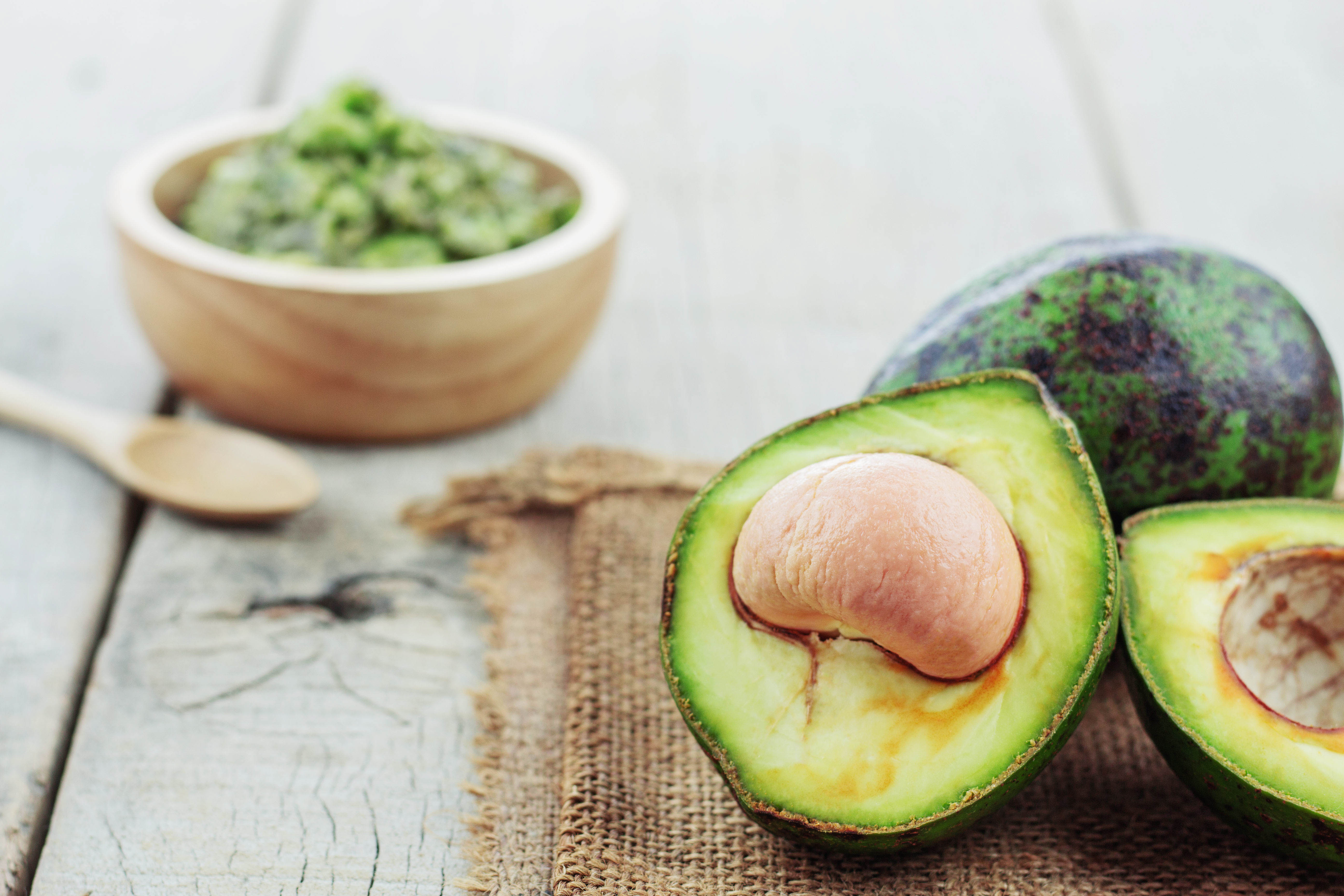
Avocado is a versatile and nutrient-dense fruit that offers numerous health benefits, particularly for heart health. Rich in heart-healthy monounsaturated fats, potassium, and dietary fiber, avocados can help lower blood pressure, reduce bad cholesterol levels, and support overall cardiovascular function. The potassium content in avocados helps balance sodium levels in the body, easing tension in blood vessel walls. Meanwhile, their fiber aids in maintaining healthy blood sugar and cholesterol levels. Incorporating avocados into your meals—whether spread on toast, blended into smoothies, or added to salads—can be a delicious and strategic way to support your blood pressure management goals.
8. Oats: The Fiber-Rich Powerhouse
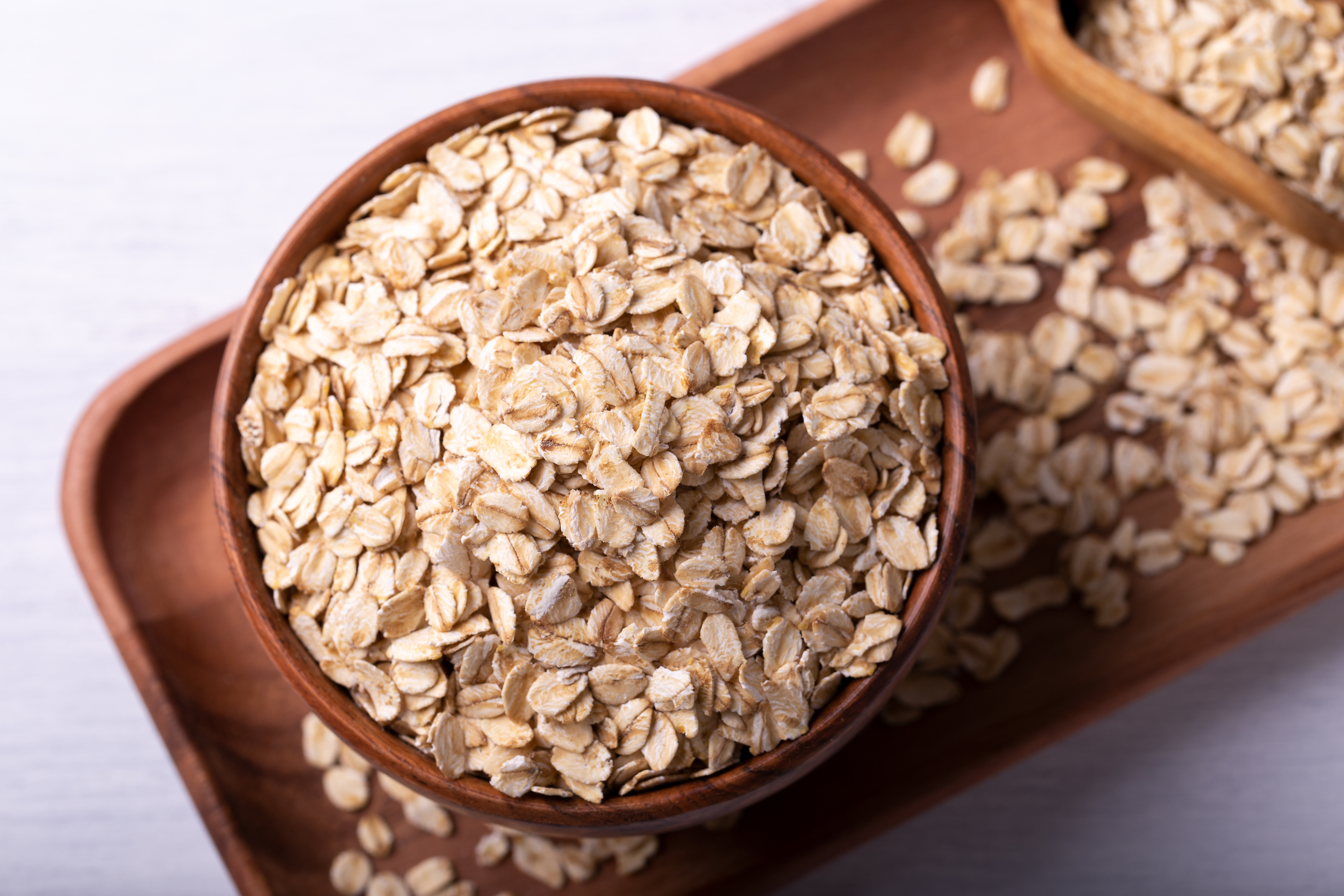
Oats are a fiber-rich whole grain renowned for their heart-protective properties. They are particularly high in beta-glucans, a type of soluble fiber that forms a gel-like substance in the digestive tract, helping to trap and eliminate LDL (bad) cholesterol from the body. This mechanism not only supports healthier cholesterol levels but also aids in regulating blood pressure. Additionally, oats provide a slow, steady release of energy, which helps stabilize blood sugar levels and reduce strain on the cardiovascular system. Whether enjoyed as warm oatmeal, blended into smoothies, or used in baking, oats are a simple yet powerful addition to a heart-healthy diet.
9. Walnuts: The Omega-3 Rich Nut
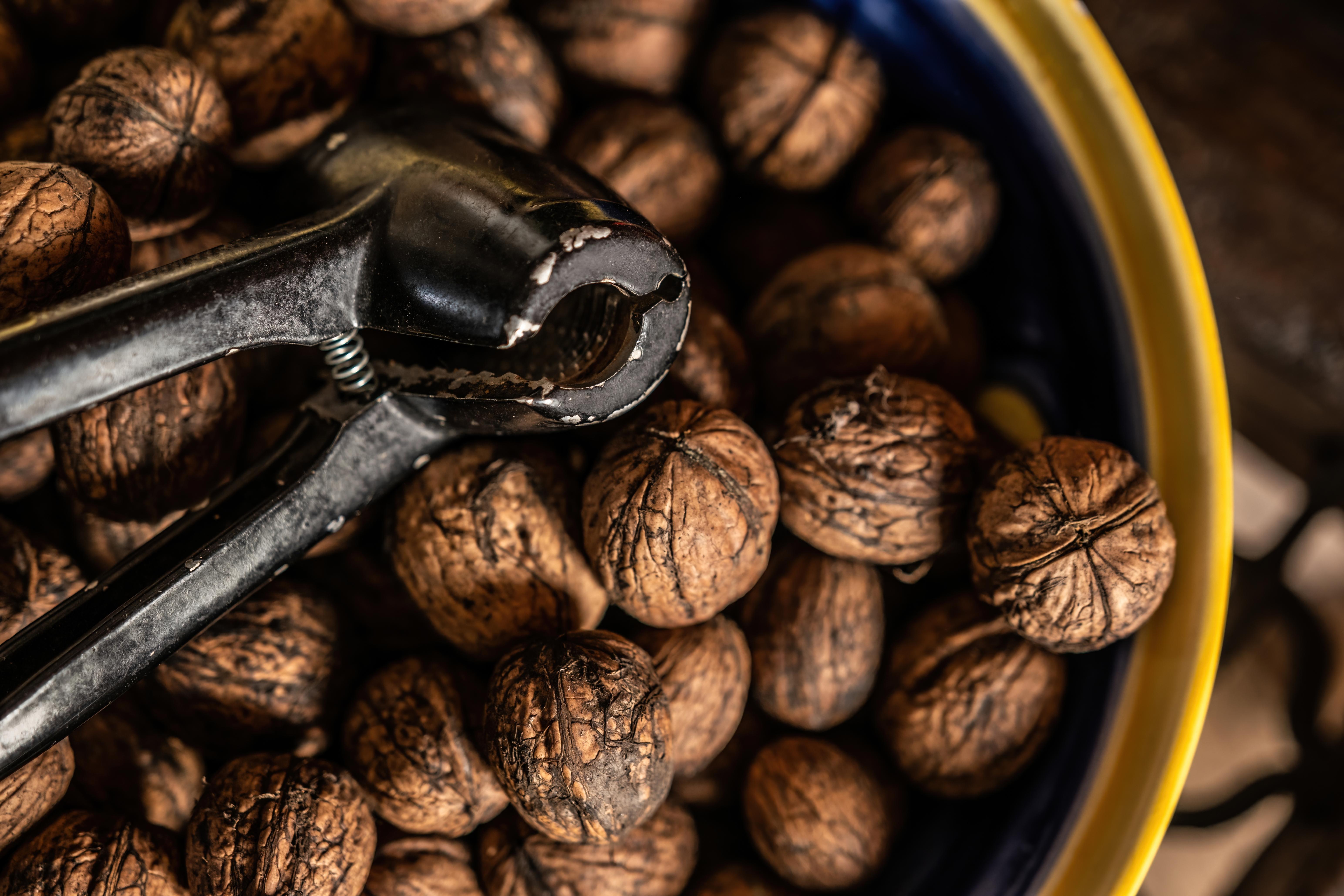
Walnuts are a nutrient-dense nut that offers numerous health benefits, particularly for heart health. Rich in plant-based omega-3 fatty acids, antioxidants, and dietary fiber, walnuts can help lower blood pressure, reduce inflammation, and improve cholesterol levels. The alpha-linolenic acid (ALA) found in walnuts has been shown to support healthy blood vessel function and decrease the risk of cardiovascular disease. Their antioxidants help combat oxidative stress, which is a key contributor to heart problems. Including a small handful of walnuts in your daily diet—whether as a snack, in salads, or blended into dishes—can be a simple, satisfying way to support long-term heart wellness.
10. Edamame: The Protein-Packed Bean
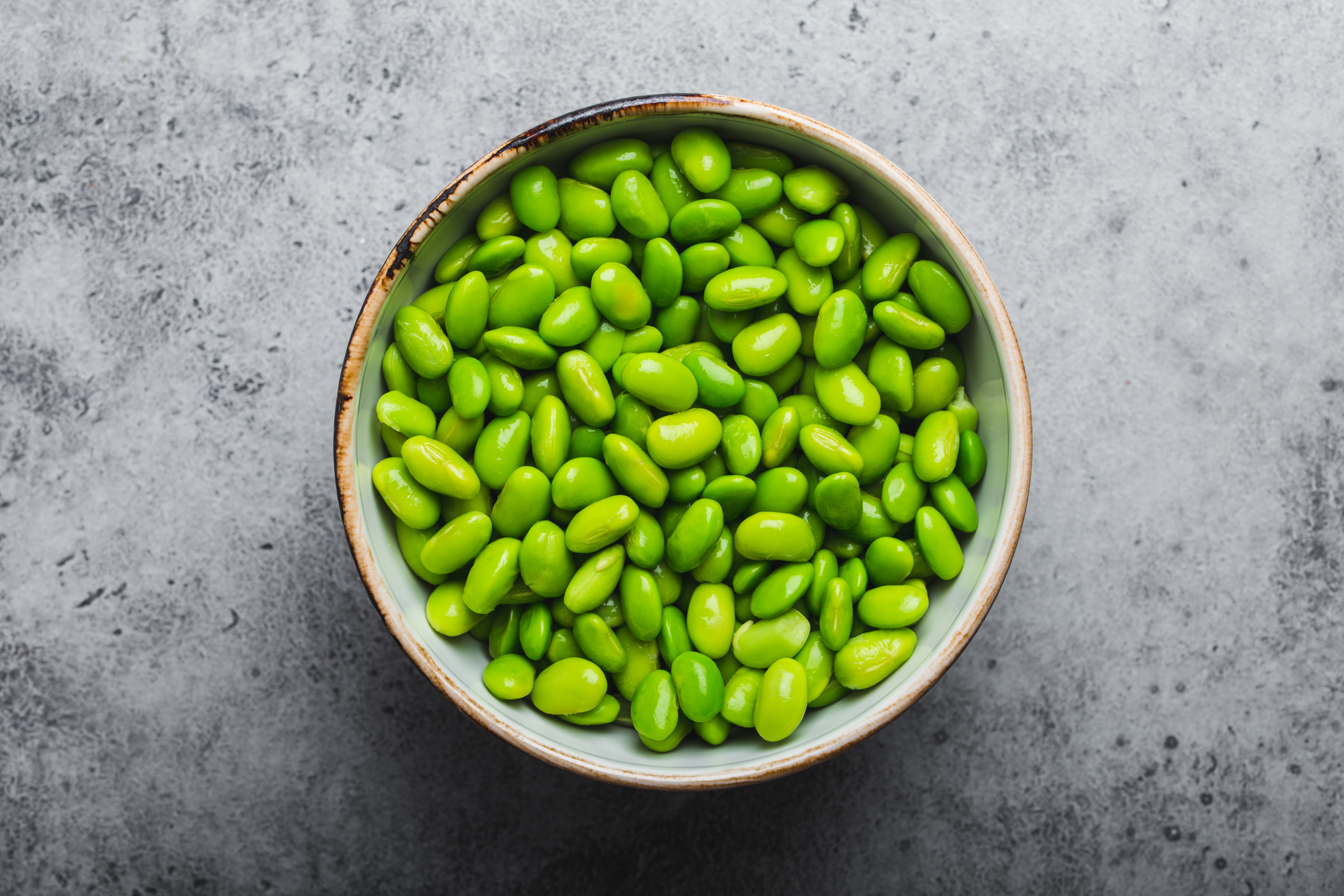
Edamame, or young soybeans, are a protein-packed snack that offers numerous health benefits, especially for heart health. They are rich in plant-based protein, fiber, and powerful antioxidants like isoflavones, which have been shown to support healthy blood pressure and improve arterial function. The fiber in edamame helps regulate cholesterol levels, while its potassium content aids in balancing sodium levels, both of which contribute to a healthier cardiovascular system. Low in saturated fat and naturally cholesterol-free, edamame makes for a heart-smart addition to any diet. Enjoy them steamed, lightly salted, or tossed into salads and stir-fries for a satisfying, nutrient-rich boost.
11. Spinach: The Leafy Green Powerhouse
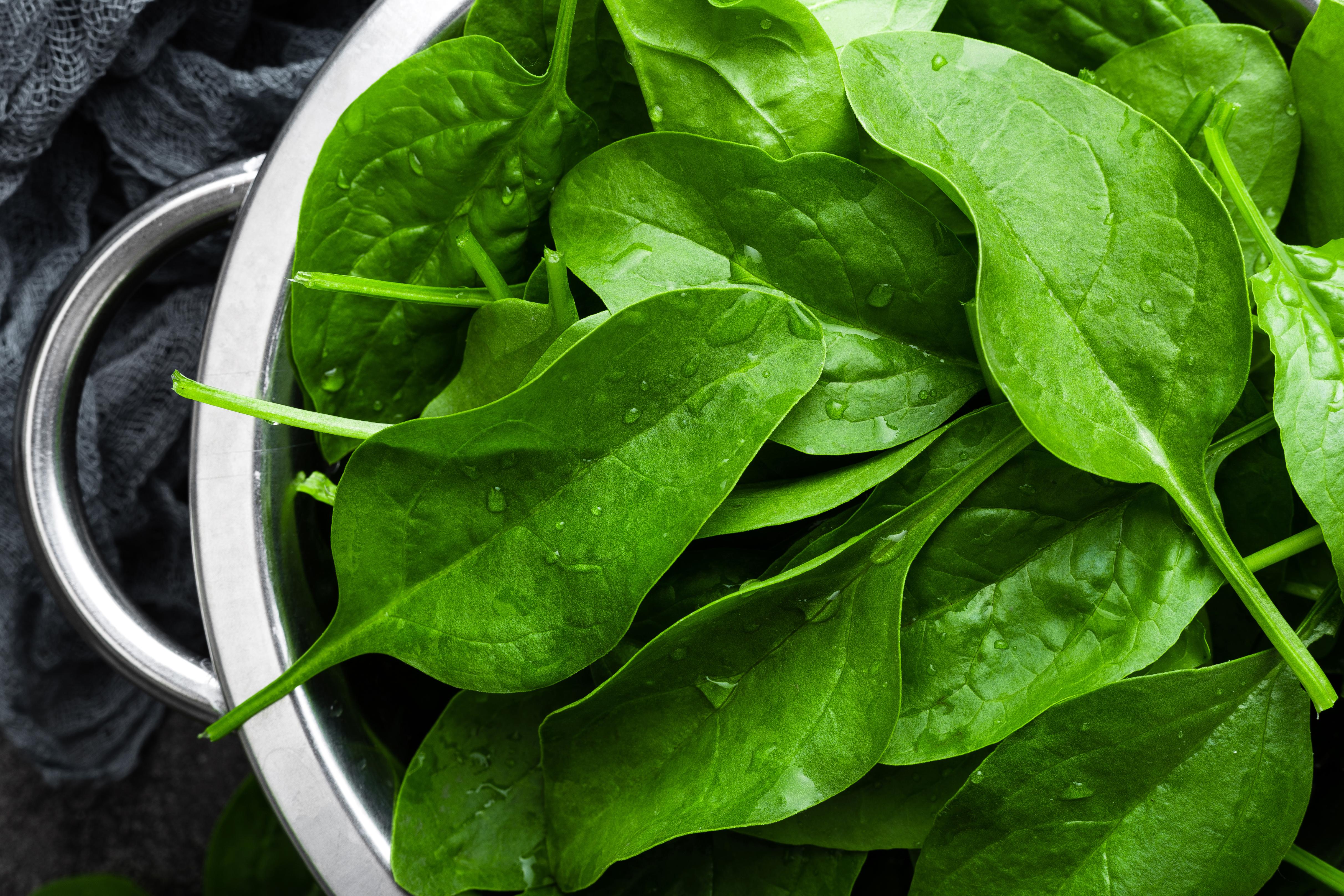
Spinach is a nutrient-dense leafy green that offers a wide range of health benefits, particularly for heart health. Packed with potassium and magnesium, spinach helps regulate blood pressure by supporting proper muscle function and fluid balance in the body. It is also rich in natural nitrates, which the body converts into nitric oxide—a compound that relaxes blood vessels and improves circulation. Additionally, spinach contains antioxidants like lutein and beta-carotene that help combat inflammation and oxidative stress, both of which are linked to heart disease. Whether eaten raw in salads, blended into smoothies, or cooked into meals, spinach is a simple and powerful way to support cardiovascular wellness.
12. Hummus: The Creamy Chickpea Delight
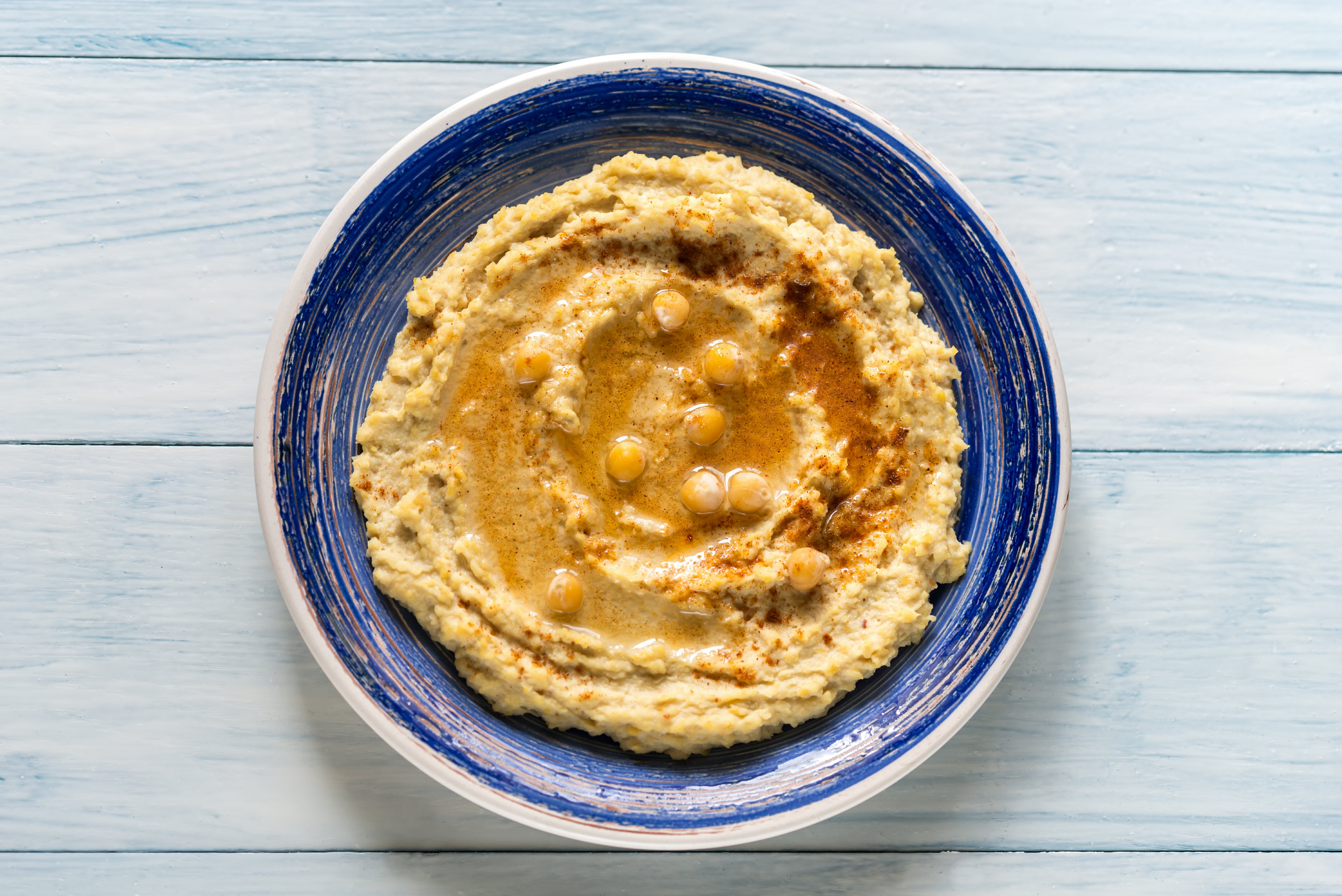
Hummus, made primarily from chickpeas, is a creamy and delicious snack that offers numerous health benefits, especially for heart health. It is rich in plant-based protein, dietary fiber, and healthy fats—particularly from olive oil and tahini—all of which contribute to better cardiovascular function. The fiber in hummus helps regulate cholesterol levels, while its healthy fats support balanced inflammation and improve blood lipid profiles. Additionally, hummus contains essential minerals like magnesium and potassium, which are important for maintaining healthy blood pressure. Whether used as a dip, spread, or dressing, hummus is a versatile and heart-smart addition to a balanced diet.
As we conclude this flavorful journey through doctor-approved snacks, it’s clear that managing blood pressure doesn’t have to mean sacrificing taste or enjoyment. From creamy avocados to crunchy walnuts and fiber-rich oats, each snack offers a unique blend of nutrients that supports cardiovascular health. By incorporating these wholesome, nutrient-dense options into your daily routine, you can nourish your body, satisfy your cravings, and take meaningful steps toward maintaining healthy blood pressure. Eating well is not just about restriction—it’s about making intentional, informed choices that bring both flavor and function to your plate. Your heart—and your taste buds—will thank you.
